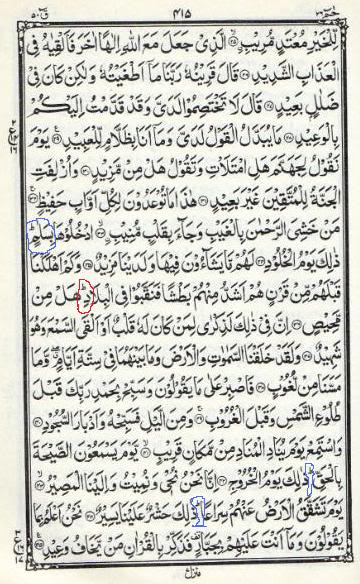ardianto
IB Legend
- Messages
- 8,551
- Reaction score
- 931
- Gender
- Male
- Religion
- Islam
It works in Windows Vista Notepad if you change the encoding from ANSI to Unicode when you save it. But I tried in XP, and got the rectangles, and I'm not sure if there's any way around it.
The other thing you could do, is to copy and paste into Word, but the problem with that is that if you have a sentence, the words will be the wrong way round in order, so the first word will be last and the last one first. But if you then take that sentence and say copy and paste it into the forum or email, or anything with web encoding, it will automatically appear the right way round again.
Once or twice, I actually ended up copying straight from the Arabic keyboard and saving it as a draft email, and then copying and pasting from there, as any web encoded pages, e.g. forum, web, email, seem to take the words ok.

I have two computer, one use XP, and another use Window7. It's works in Window7.
And, sister. If I want to say thank you very much to female like you shall I write
جز اك الله خير
or
جز اك الله خير ان
or other word ?. I am in learning Arabic process.


